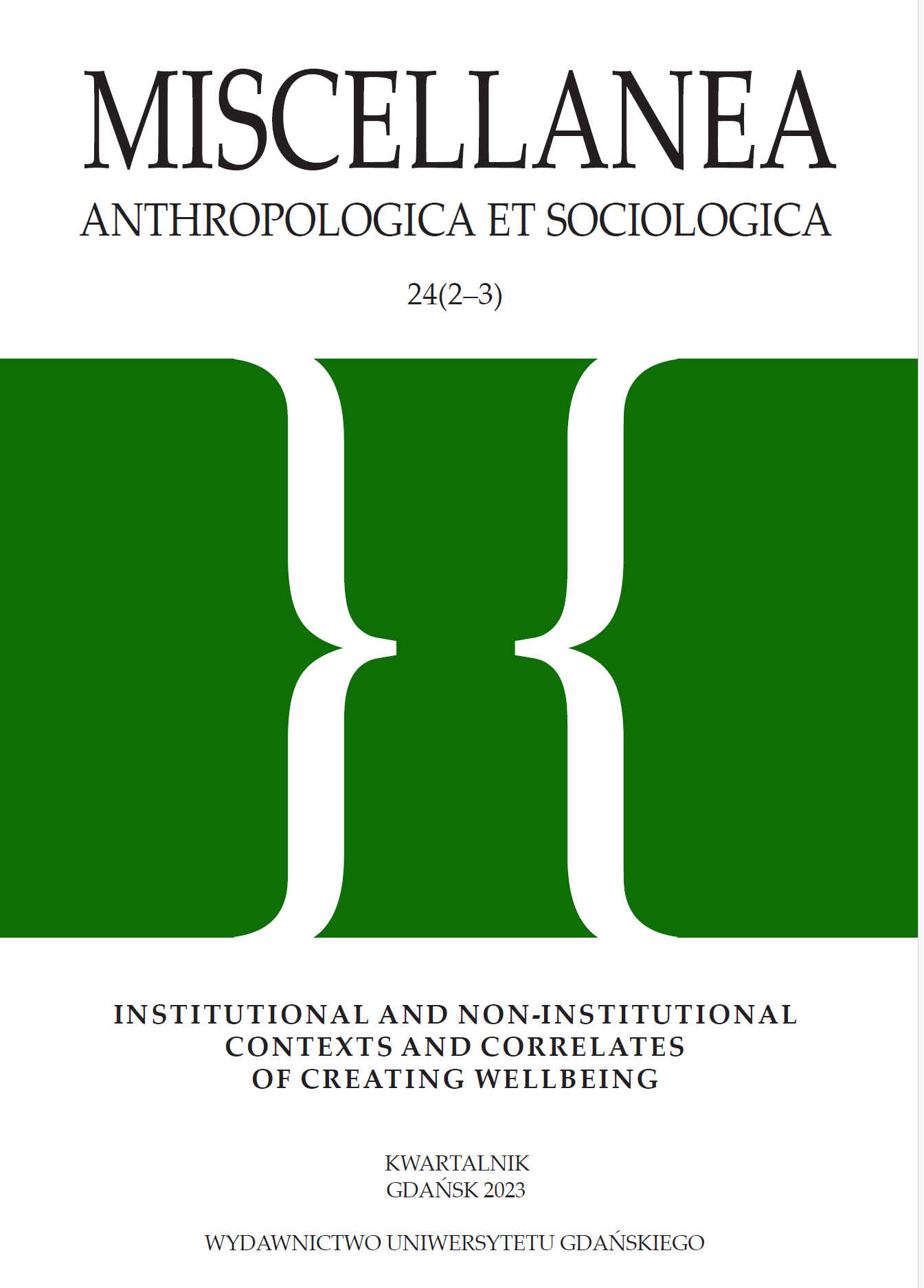Factors Determining the Professionalization of the Medical Profession in Relation to the Concept of a Learning Organization. Example of Occupational Therapists
Abstrakt
The profession of an occupational therapist has been present in the field of Polish rehabilitation for decades. However, it is not recognized by society. According to available research, the knowledge of medical staff about the roles and tasks performed by occupational therapists is very limited. The level of society’s knowledge is similar. Moreover, even occupational therapists themselves have difficulty defining the tasks performed by their colleagues employed in various types of facilities. People who work in the profession of occupational therapists should be more active and involved in ensuring that the profession develops, is better recognized, and becomes more professional. This requires them to have appropriate competences. In this article, the occupational therapy profession is analysed based on Peter Senge’s concept, which is related to management. The author refers to knowledge-based organizations and proposes the integration of five disciplines: systemic thinking, personal mastery, creating mental models, building a common vision and team learning. The essence of a learning organization is to search for new opportunities, create patterns of non-stereotypical thinking, and develop teamwork. The implementation of the above-mentioned elements is also a necessary condition for developing the profession of occupational therapist, which is classified as a medical profession. The data presented in the article comes from secondary sources – scientific articles and publicly available reports on occupational therapy.

 Uniwersyteckie Czasopisma Naukowe
Uniwersyteckie Czasopisma Naukowe




